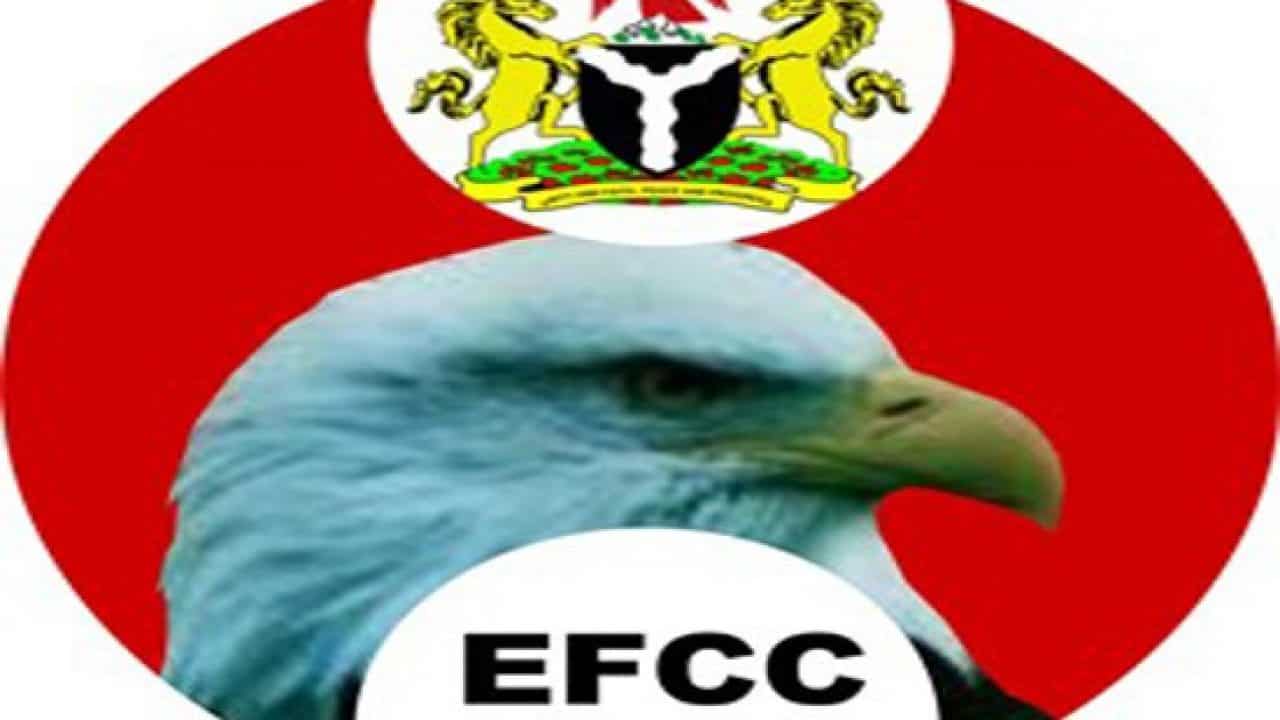The Economic and Financial Crimes Commission (EFCC) has successfully recovered over N5 billion and $10 million linked to fraudulent activities in the turnaround maintenance of Nigeria’s refineries located in Port Harcourt, Kaduna, and Warri. This follows an extensive investigation targeting contractors and government officials indicted in the massive refinery fraud scandal.
According to sources within the EFCC, the commission is diligently working to recover an additional N10 billion and $13 million believed to have been siphoned through inflated contracts and fraudulent payments associated with the refinery projects. EFCC Chairman Ola Olukoyede has personally overseen the probe, expressing dissatisfaction with the continued dysfunctionality of the nation’s refineries despite decades of significant public spending.
Nigeria’s four refineries have remained largely dormant over the years, compelling the country to depend heavily on imported petroleum products. Records show that the Port Harcourt refinery was allocated $1.55 billion, Kaduna received $740 million, and Warri was granted $656 million for rehabilitation projects that have yet to yield expected results.
The EFCC’s investigations uncovered widespread fraudulent practices such as over-invoicing, contract inflation, and questionable payments as key factors crippling refinery operations. Several former and current officials of the Nigerian National Petroleum Company Limited (NNPCL) and management teams from the affected refineries have been interrogated and may soon face prosecution.
The recovered sums of money thus far have come from both contractors and government officials involved in these inflated contracts. Further probes are ongoing into fresh allegations involving an additional $40 million in contract inflation related to equipment procurement for refinery maintenance.
This breakthrough recovery signals a strong anti-corruption stance by the EFCC, emphasizing accountability and transparency in the management of Nigeria’s vital oil infrastructure. The Nigerian government hopes that with these stringent measures and legal actions, the refineries can be rehabilitated effectively, ultimately reducing the country’s reliance on imported fuel.
As the EFCC continues its probe, Nigerians await justice and the promise of an enhanced domestic refining sector that can support the nation’s economic growth and energy needs.
More than news- Its Icegate

